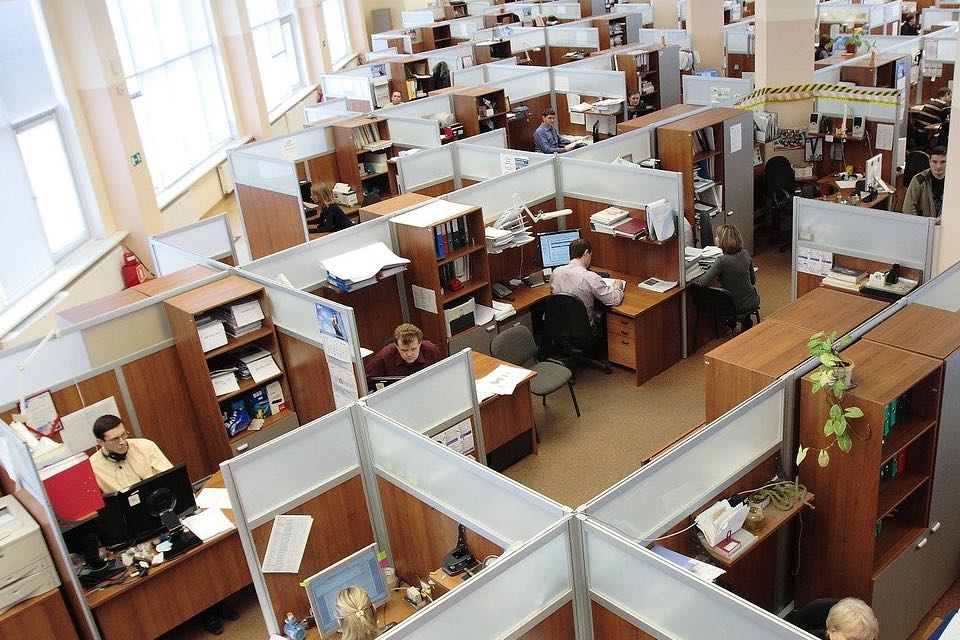Whether we use the ‘traffic light’ system suggested by two UCL academics or another method to exit the lockdown, businesses should prepare for a phased return.
Peter Groucutt, managing director of business continuity and disaster recovery firm Databarracks has shared advice on what organisations need to consider when planning their lockdown exit.
“When we come out of lockdown, we won’t go back to normal immediately,” he said. “Most businesses had a phased response before the lockdown and when we exit lockdown, we should work through those phases in reverse. The first stage was stopping external meetings or staff attending large events and scaling up cleaning practices. Next, organisations split their operations across multiple locations. Businesses with only a single office could divide their staff with some working in the office and others from home.
“It would be wise to keep those actions in place for at least a month following the end of the official lockdown. The Government (and all of us) will be keeping a close eye on infection figures when the lockdown ends. If they spike again, the response will be for the lockdown to be reinstated.
“The lockdown is just a method to limit the spread of COVID-19. When it is lifted, the virus is still there, and it is still a risk to your staff and to your organisation. Even when infection rates do drop, there is the still the chance of geographic clustering and an infection in your company. Splitting operations is a good method to limit the chance of a localised outbreak in your business. Maintaining social distancing and limiting travel reduces the chance of spread of infection.
“We also still need to maintain flexible working practices. Self-isolation for those infected or potentially infected will continue. That extends beyond just your staff to families and housemates. Parents and carers will still have additional demands put on them.
“If not done already, you should now be tracking your cases. Many companies will have had staff who exhibited symptoms but won’t have been tested to know conclusively if they’ve had the infection and recovered. If testing for antibodies becomes available, you will be able to track who has had the infection. As testing for the virus itself becomes more widely available, it will become easier to keep an accurate record of your staff.
“There are also longer-term measures which need to be kept up. Firstly, maintain checks on suppliers and customers. There is still a high chance of businesses going bust and becoming bad debtors and there is still a chance of suppliers struggling to meet demand.
“Organisations should also make sure they keep doing the things they have now become good at. The positive we can take from this crisis is that it has forced a lot of organisations to embrace remote working practices. Organisations rushed through migrations to the cloud, rolled out video conferencing and are now seeing those benefits.”















